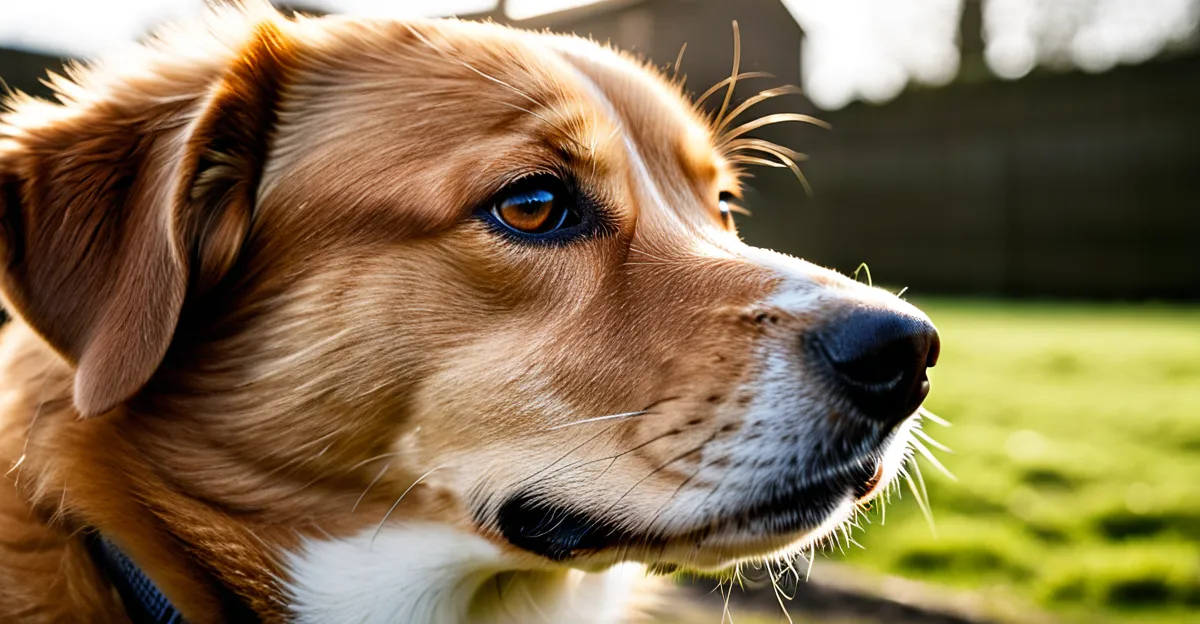Key Ways Pets Alter Daily Life in the UK
Pets significantly reshape daily routines across UK households, prompting essential lifestyle changes with pets. One immediate impact is on household schedules where pet care demands, such as feeding and exercise, dictate timing. For example, dog owners often adjust their mornings and evenings to incorporate walks, aligning with UK pet care habits and public expectations in parks. These adjustments aren’t merely about timing but also involve a heightened sense of responsibility impacting spontaneous activities.
Daily activities shift notably—tasks like grooming, playtime, and vet visits must be worked around, introducing new priorities. In many cases, owners modify meal planning and work-from-home setups to stay available for pet needs. Such changes extend to travel plans, socialising, and even cleaning routines, which become more frequent due to shedding or mess.
Also to discover : How Do British Pet Owners Adapt to New Pet Care Trends?
UK-specific pet ownership norms, including local regulations and community standards, also shape these lifestyle shifts. Owners typically comply with leash laws and waste disposal rules, influencing both the pace and structure of their day. Ultimately, pets embed themselves into their owners’ lives, weaving care and attention into every moment and altering daily life throughout the UK.
Morning Routines Adapted to Pets
Morning pet care in the UK often revolves around structured feeding times and early dog walks in UK parks, reflecting typical UK pet care habits. Many dog owners begin their day with brisk walks shortly after dawn, adhering to UK park etiquette like keeping dogs on leads where required and cleaning up after them. These walks not only provide essential exercise but set a clear boundary for the start of the day.
Topic to read : What steps can UK pet owners take to reduce pet allergies?
Feeding times are usually consistent and planned to fit within busy schedules. Preparing meals for pets in the morning requires owners to allocate extra time and often adjust their own breakfast or work-prep routines accordingly. This leads to changes in personal schedules where pet needs come first.
Pet feeding times UK standards are also influenced by factors such as breed, age, and health, so routines may vary slightly between households. In sum, morning pet care integrates tightly with owners’ schedules, demonstrating how lifestyle changes with pets shape daily priorities and routines in the UK effectively.
Adjusting Social Activities and Interactions
Socialising with pets in the UK significantly reshapes owners’ lifestyles, requiring conscious adjustments to accommodate their furry companions. Many pet owners prefer integrating pets into social plans, which encourages visits to pet-friendly venues UK such as cafés, pubs, and outdoor community spaces. These venues support UK pet care habits by providing welcoming environments where pets can join safely and comfortably.
Pets also influence how and where people socialise, fostering new friendships and community ties with fellow owners at local parks or clubs. This aspect of socialising with pets UK often expands social networks and enhances emotional well-being by connecting through shared interests.
Adjustments to traditional social routines arise, such as scheduling outings around pet needs or selecting activities that include pets rather than exclude them. For example, owners might opt for daytime walks or pet-inclusive meetups instead of evening events incompatible with pet care. Overall, the pet impact on social life in the UK tends to promote more community engagement while accommodating the requirements of responsible ownership.
Evening and Night-Time Pet Responsibilities
Evening dog walks UK are a crucial aspect of winding down for both pets and owners. These walks provide pets with much-needed exercise and mental stimulation after a busy day, aligning with typical UK pet care habits. Many owners follow local park guidelines, often opting for quieter, less crowded times to maintain calm environments.
Nighttime pet care UK routines commonly include feeding, grooming, and ensuring pets have a comfortable sleeping area. Feeding schedules at night are generally consistent to support digestion and sleep quality, adhering to pet feeding times UK standards. Grooming before bed helps manage shedding and keeps pets relaxed, fitting seamlessly into owners’ evening plans.
Planning daily wind-down around pet care needs often means adjusting personal activities like watching TV or reading to accommodate pet attention and comfort. This fosters a calming environment beneficial for pets’ and owners’ relaxation. These UK pet routines emphasise balance—addressing animals’ needs while supporting owners’ lifestyle changes with pets. As a result, evening and night-time responsibilities become integral to the daily routine, reinforcing the bond between pets and owners through care and shared quiet moments.
Mental and Physical Well-Being Influenced by Pets
Pets play a vital role in enhancing pet wellbeing benefits UK by improving both mental and physical health. Numerous studies in the UK attribute lower stress levels and elevated mood to daily interactions with pets. This positive impact arises as pets provide companionship and emotional support, which can help reduce feelings of loneliness or anxiety.
Furthermore, pets promote consistent outdoor activity, fostering healthier lifestyles. For example, dog owners regularly engage in walks, a key habit aligned with UK pet lifestyle health standards. These activities encourage mindfulness and physical exercise, benefiting cardiovascular and mental health alike.
UK research consistently correlates pet ownership with improved wellness indicators. Being responsible for a pet often motivates structured routines, which contribute to overall life satisfaction. Additionally, caring for pets nurtures empathy and patience, crucial emotional skills.
In sum, the intertwining of pet care and owner health highlights why pets and owner health remain a priority in UK households. This mutual benefit solidifies pets’ role as important allies for maintaining well-being across diverse lifestyles in the UK.
Navigating UK Laws and Best Practices
Understanding UK pet regulations is crucial for maintaining smooth daily routines and ensuring responsible pet ownership UK-wide. Local laws govern aspects like leash requirements, waste disposal, and noise control, all of which directly influence daily activities. For example, many councils mandate cleaning up after pets in public spaces, reinforcing hygiene standards and community respect.
Owners benefit from following best practices such as proper licensing, microchipping, and routine vet visits, which align with UK pet care tips designed to promote animal welfare. Complying with these norms supports safer environments for both pets and people, easing concerns that might disrupt daily life.
Beyond legal obligations, responsible pet ownership UK involves proactive measures like socialisation, training, and health monitoring. These steps help prevent behavioural issues and reinforce positive community interactions. Resources including local councils, veterinary services, and pet support groups offer guidance and assistance, helping owners stay informed of evolving regulations and care standards.
Incorporating awareness of UK pet regulations with practical pet care tips leads to more harmonious living. This balanced approach supports the well-being of pets while respecting societal norms, making daily life with pets in the UK more manageable and rewarding.




